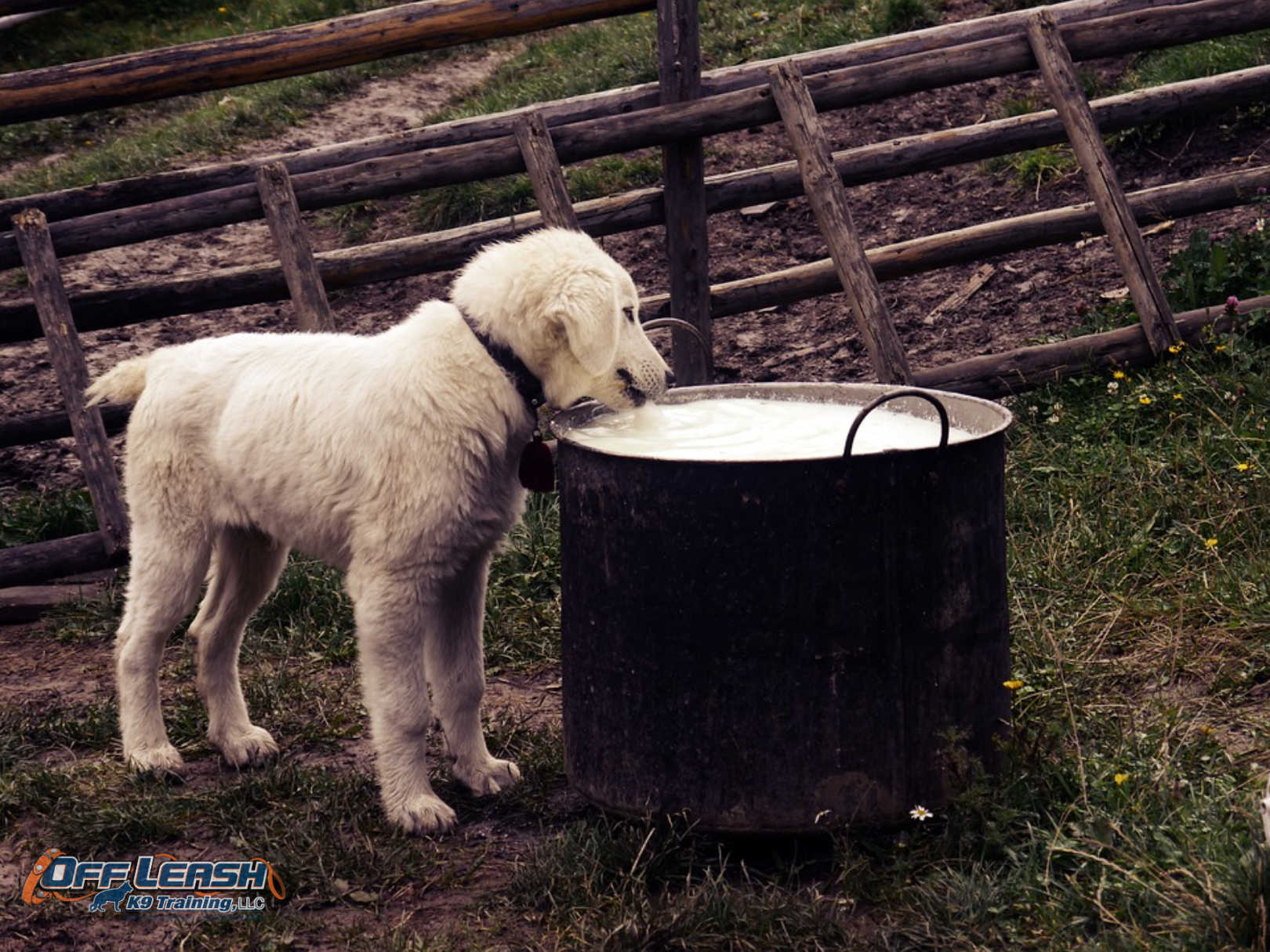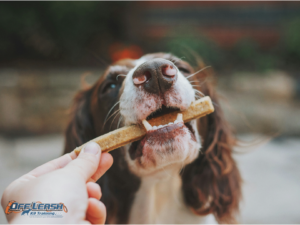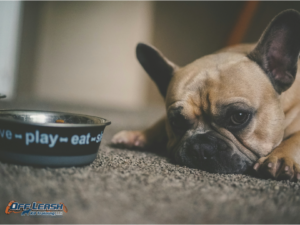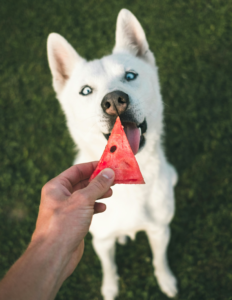Steps to Take When a Dog Food Recall Occurs: A comprehensive guide on how to protect your pets health and well-being during a dog food recall, including immediate actions, monitoring for health issues, and safely transitioning your pets diet.
Introduction to Dog Food Recalls
Dog food recalls are not just announcements; they are urgent signals that something has gone amiss with pet food products, potentially jeopardizing the health and safety of our beloved animals. These events can range from minor issues necessitating a simple product return to serious health threats that require immediate veterinary attention. The key to navigating these situations effectively is knowledge and preparedness. By understanding what dog food recalls entail and the steps to take when they occur, pet owners can significantly reduce the risk to their pets. It’s not only about reacting swiftly but also about doing so in a manner that best safeguards the well-being of our four-legged family members. Awareness, coupled with an informed and measured response, is paramount in these instances, underscoring the importance of being proactive in monitoring pet food safety announcements and knowing how to respond appropriately to protect your pet.
In this digital age, staying ahead of such recalls is more manageable than ever, with resources like the FDA’s recall alerts and dedicated pet safety websites offering timely updates. By fostering an environment of awareness and preparedness, we can collectively ensure our pets continue to thrive, even in the face of potential food safety concerns. Engaging with resources that keep you informed about dog food recalls is a critical step in being a responsible pet owner. Remember, the well-being of our pets is in our hands, and staying informed is key to protecting them.
Understanding the Severity of Dog Food Recalls
Dog food recalls are classified into three main categories, each representing a different level of urgency and potential harm. Class I recalls are the most severe, indicating that the product may cause serious health issues or even death if consumed by pets. For instance, a recall might be issued for dog food contaminated with a lethal toxin.
Class II recalls, while still serious, suggest that the health risks posed by the recalled product are temporary and not immediately life-threatening. An example could be a product found to contain elevated levels of a non-lethal allergen.
Class III recalls typically deal with minor issues that do not directly pose a health risk to pets, such as mislabeling or packaging errors. These might not affect the product’s safety but could lead to confusion or misuse.
The Vital Role of Lot Numbers in Recalls
In the event of a recall, identifying whether your pet’s food is affected is paramount. Lot numbers on pet food packaging serve this exact purpose. These numbers allow pet owners and regulatory bodies like the FDA to trace specific batches of food quickly, ensuring that any products posing risks can be removed from circulation effectively.
It’s also wise to keep track of the Universal Product Code (UPC), “Best By” dates, and packing codes. A practical tip for pet owners is to take a picture of the lot number with their cell phone, providing a secure and easily accessible record.
 Immediate Steps to Safeguard Your Pet
Immediate Steps to Safeguard Your Pet
Upon hearing news of a dog food recall, your immediate reaction can significantly impact your pet’s health. The very first step should be to halt the use of the recalled product right away. This preemptive action is crucial because continuing to feed your dog the affected food could expose them to potential health risks, some of which may not manifest symptoms immediately but could have long-term effects. To verify whether the food you’ve been using is part of the recall, closely examine the packaging for the lot number, “Best By” dates, and other specific identifiers mentioned in the recall notice. This level of diligence is crucial because not all products from a brand may be affected; recalls often target specific batches that have been identified to pose a risk.
Following the confirmation that your pet’s food is indeed part of a recall, the next steps involve safely removing the risk from your home. Contacting the manufacturer is advisable as they can provide clear instructions on how to proceed—whether that’s returning the product for a refund or disposing of it in a manner that ensures it doesn’t pose a risk to other pets or wildlife. Companies are generally proactive in guiding consumers during recalls to mitigate the impact on pets and their owners. Moreover, this engagement offers an opportunity to understand the scope of the issue directly from the source, ensuring that you’re following the most effective course of action to protect your beloved pet.
Monitoring and Responding to Health Issues
When faced with a dog food recall, one of the most critical steps you can take is to consult a veterinarian immediately if your dog has consumed any of the recalled products. Even in the absence of visible symptoms, a professional evaluation is essential. This preemptive measure is crucial because some health issues related to contaminated or faulty dog food may not be immediately apparent. Veterinarians can perform a thorough assessment, recommend necessary tests, and provide guidance on how to monitor your dog for potential delayed reactions, ensuring a swift response to any developing health concerns.
Moreover, vigilantly observing your pet for any unusual behavior or symptoms is vital. Signs of distress may include vomiting, diarrhea, lethargy, or any sudden changes in appetite or behavior, which could indicate an adverse reaction to the recalled food. Documenting these symptoms, along with maintaining a record of the consumed product’s lot number, is invaluable. This information is not only crucial for your veterinarian to formulate an appropriate treatment plan but also enables you to report the issue to the FDA accurately. Reporting with specific details, like the lot number, helps the FDA monitor the situation more effectively, contributing to the overall safety and well-being of pets nationwide. Such reports can aid in the investigation of the recall and potentially prevent further incidents.
Transitioning Your Pet’s Diet Safely
When faced with a dog food recall, one of the paramount concerns is the safe transition of your pet’s diet to avoid gastrointestinal issues that can arise from sudden changes in food intake. It’s crucial, then, to not only stop using the recalled product but to also carefully select a new food option that maintains the nutritional balance your dog needs. Consulting with a veterinarian becomes invaluable in this situation, as they can suggest alternatives that are both safe and nutritionally equivalent to your dog’s regular diet. This step ensures that your pet continues to receive the right amounts of proteins, fats, and carbohydrates, along with essential vitamins and minerals, thus safeguarding their health during the transition.
Moreover, Off Leash K9 Training of Tucson understands the importance of maintaining obedience and overall well-being through these dietary changes. Their experts can provide tailor-made advice on how to integrate new food options while keeping your dog’s behavior and health in check. This might include tips on gradually mixing the new food with the old (if safe) to acclimate your pet’s digestive system, or suggestions on how to encourage hesitant eaters to try new foods without stress. By leveraging their expertise, pet owners can navigate the challenges of dietary transitions with confidence, ensuring their furry friends stay happy, healthy, and obedient.
Conclusion: Promoting Pet Health Amid Recalls
Ensuring the well-being of our furry companions during a dog food recall requires proactive measures and a well-informed approach. Knowledge about the potential health risks and the steps to take when a recall occurs can significantly mitigate the impact on your pet’s health. Off Leash K9 Training of Tucson understands the importance of maintaining not just the physical health but also the behavioral well-being of your pets during these stressful times. Their expert team offers guidance on how to smoothly transition your pet to a new diet if their usual food is affected by a recall, ensuring that your pet’s obedience and training remain consistent.
Off Leash K9 Training of Tucson is dedicated to supporting pet owners through every aspect of pet care, including navigating the complexities of dog food recalls. By staying informed and prepared, pet owners can protect their pets from potential health risks associated with contaminated food products. For comprehensive support in maintaining your pet’s health, obedience, and overall well-being, especially during a recall, explore the resources and services provided by Off Leash K9 Training of Tucson. Visit their website at https://tucsonazdogtrainers.com/ for more details on how they can assist you in ensuring your pet’s safety and happiness.



 Immediate Steps to Safeguard Your Pet
Immediate Steps to Safeguard Your Pet
